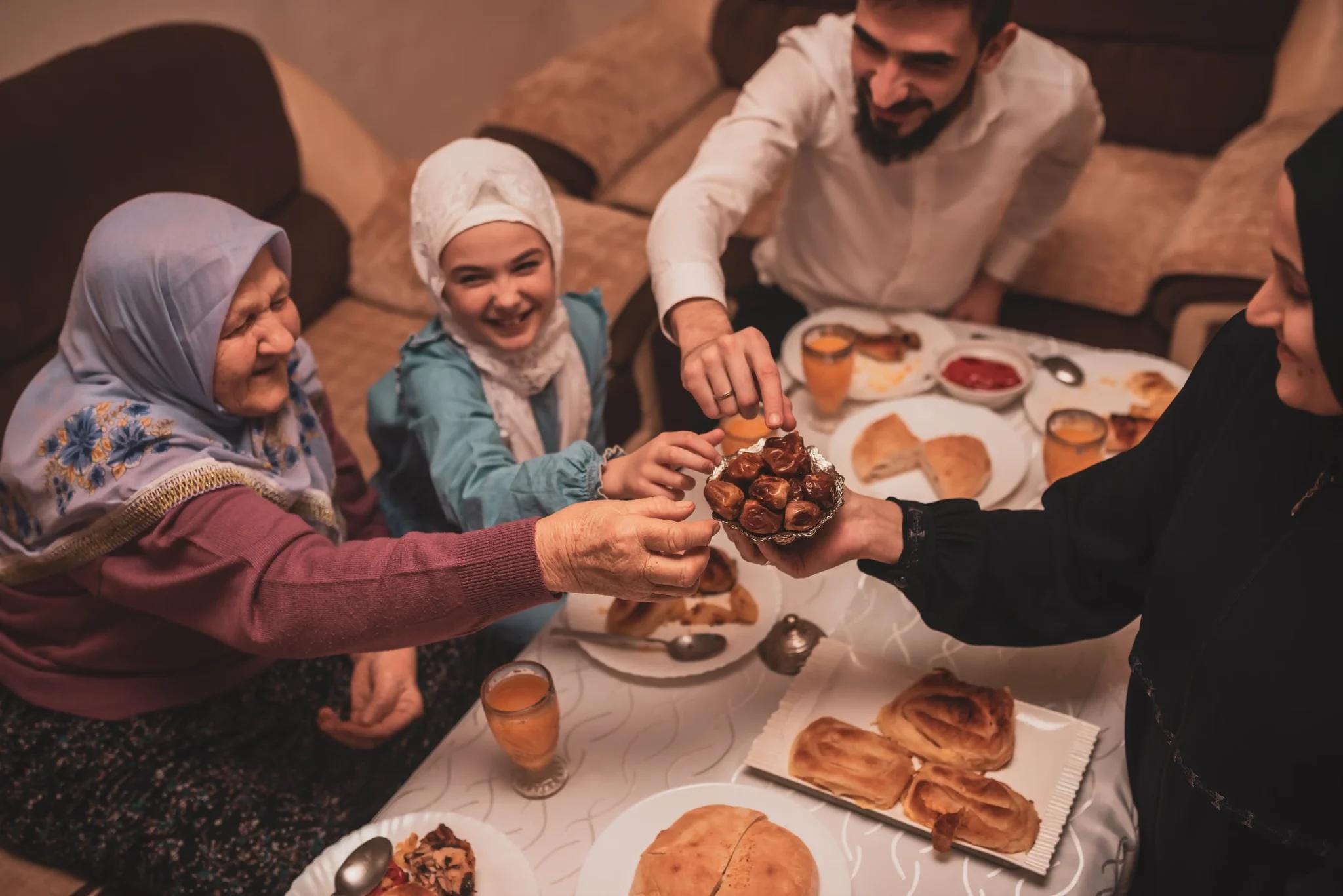
Eid al-Fitr: A Time for Reflection, Forgiveness, and Celebration
As one of the most significant holidays in the Islamic calendar, Eid al-Fitr marks the end of the holy month of Ramadan. This joyous occasion combines celebration with an opportunity for Muslims to renew their faith, seek forgiveness, and strengthen bonds with family, friends, and the community.
The Traditions of Eid al-Fitr
After a month of fasting from dawn to sunset, Eid represents a profound sense of accomplishment. Muslims reflect on their devotion during Ramadan and celebrate the personal and spiritual growth they’ve achieved. Here are some of the traditions that people commonly observe during Eid al-Fitr:
Performing the Eid Prayer
One of the key traditions of Eid al-Fitr is the special prayer known as Salah al-Eid. This prayer is performed in congregation, usually at mosques, open fields, or community spaces, and serves as an essential symbol of unity. Muslims gather early in the morning to pray together, expressing gratitude to Allah (SWT) for the strength to complete the fast and asking for continued guidance and blessings.
Giving Zakat al-Fitr
Charity is a central aspect of Eid al-Fitr, and Muslims are encouraged to give Zakat al-Fitr, a specific form of charity given to those in need before the Eid prayer. This ensures that everyone, regardless of their financial situation, can partake in the celebrations.
Sharing Festive Meals
After a month of fasting, Eid al-Fitr is a time to indulge in delicious meals and share them with loved ones. Families prepare special dishes that vary by culture and region, ranging from sweet treats to savoury dishes. The festive meals unite families and friends, strengthening bonds and creating joyful memories.
Forgiving One Another
Throughout Ramadan, Muslims strive to purify their hearts and seek forgiveness from Allah (SWT) for any wrongdoings. On Eid, this spirit of forgiveness extends to others, with Muslims reaching out to mend broken relationships and forgive past grievances. It is a time to let go of grudges and create space for peace and harmony within families, communities, and with Allah (SWT).
Visiting Family and Friends
Eid is a time for reconnecting with family and friends. Muslims often greet each other with “Eid Mubarak” (Blessed Eid), expressing goodwill and blessings. Visiting neighbours and community members is also a tradition, reinforcing the sense of togetherness and unity that characterises the holiday.
Eid al-Fitr is much more than a celebration marking the end of Ramadan. It encapsulates Islam’s core values and offers a fresh start to continue the journey of faith.
Grow Faithnancially This Eid al-Fitr with Hejaz
Everyone deserves the opportunity to grow—both in faith and finances. This Eid al-Fitr, with Hejaz by your side, we invite you to seize the opportunities that lead to success in this world (dunya) and blessings in the hereafter (akhirah). By balancing your faith and finances through our range of halal financial products, we can work together to strengthen our community.
Under the banner ‘United for Growth, Empowered as One’, which highlights the power of collaboration and the importance of supporting one another, let’s work together to achieve personal and collective growth.
No comment yet
Be the first one to leave thoughts!
0 comments
Stay updated to our latest financial insights and other useful articles.